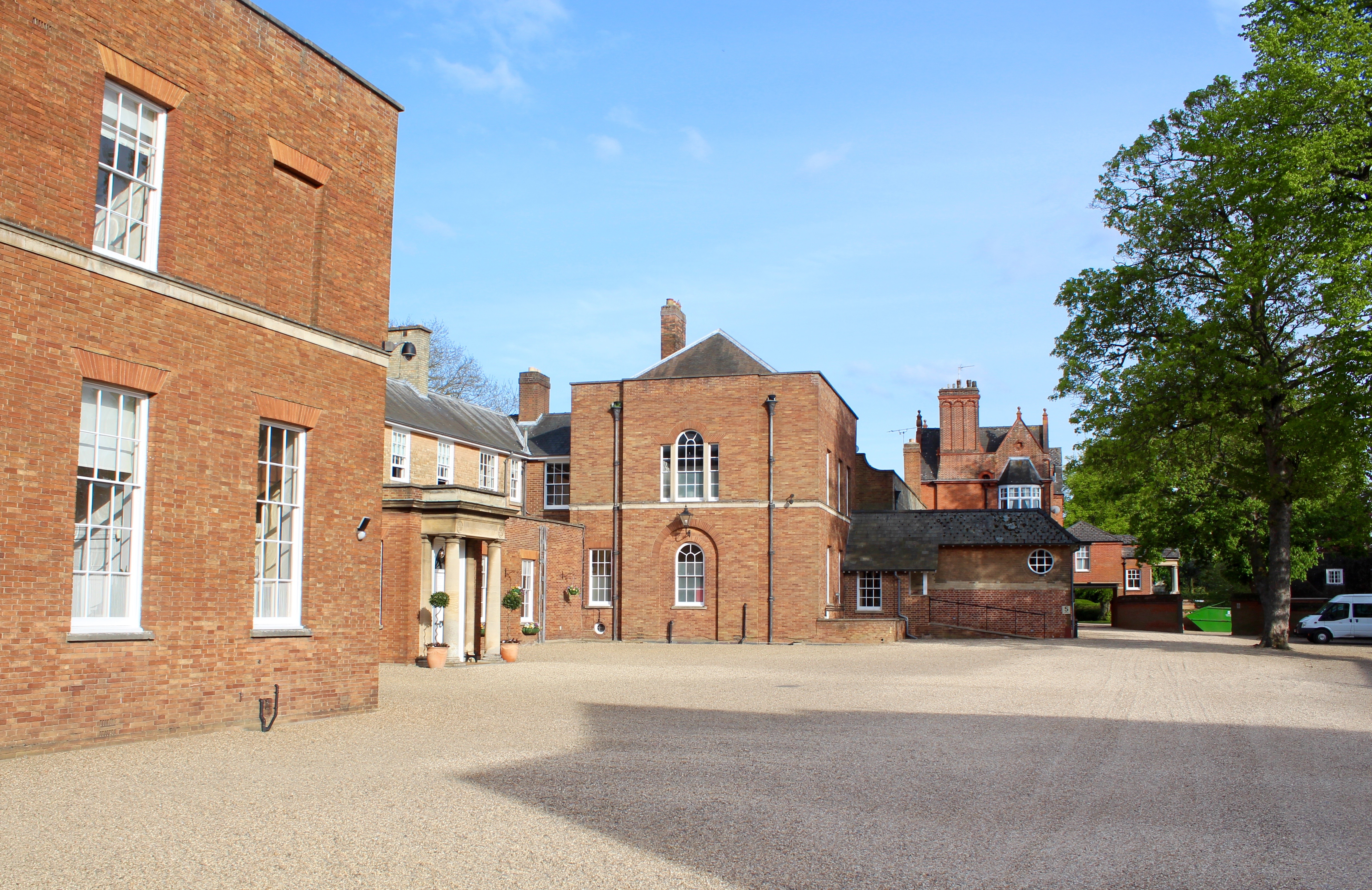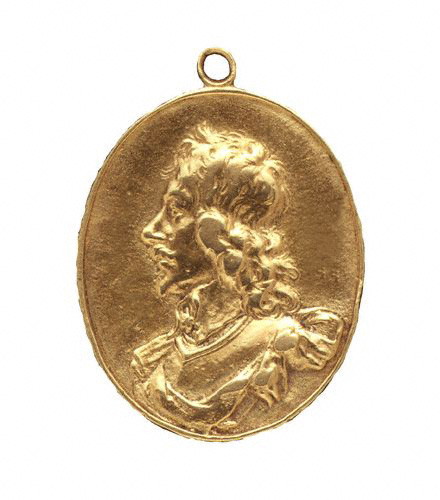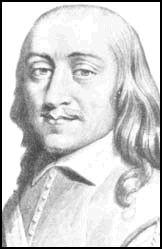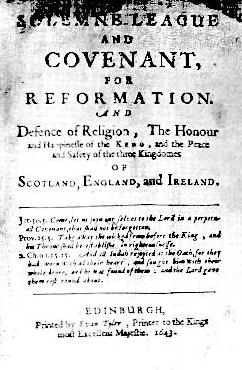|
Council Of The Army
The Army Council was a body established in 1647 to represent the views of all levels of the New Model Army. It originally consisted of senior commanders, like Sir Thomas Fairfax, and representatives elected by their regiments, known as Agitators. Following the Putney Debates of October to November 1647, Fairfax, Oliver Cromwell and Henry Ireton grew concerned by their radicalism, and in 1648, Agitators were removed from the Council. Now dominated by the so-called Grandees, it became the Council of Officers. Background When the First English Civil War began in 1642, the vast majority on both sides believed a 'well-ordered' monarchy was divinely mandated. They disagreed on what 'well-ordered' meant, and who held ultimate authority in clerical affairs. Royalists generally supported a Church of England governed by bishops, appointed by, and answerable to, the king; Puritans believed he was answerable to the leaders of the church, appointed by their congregations. However, 'Puritan ... [...More Info...] [...Related Items...] OR: [Wikipedia] [Google] [Baidu] |
Thomas Fairfax
Thomas Fairfax, 3rd Lord Fairfax of Cameron (17 January 161212 November 1671), also known as Sir Thomas Fairfax, was an English politician, general and Parliamentary commander-in-chief during the English Civil War. An adept and talented commander, Fairfax led Parliament to many victories, notably the crucial Battle of Naseby, becoming effectively military ruler of England, but was eventually overshadowed by his subordinate Oliver Cromwell, who was more politically adept and radical in action against Charles I. Fairfax became unhappy with Cromwell's policy and publicly refused to take part in Charles's show trial. Eventually he resigned, leaving Cromwell to control the country. Because of this, and also his honourable battlefield conduct and his active role in the Restoration of the monarchy after Cromwell's death, he was exempted from the retribution exacted on many other leaders of the revolution. Early life Thomas Fairfax was born at Denton Hall, halfway between Ilkley and Ot ... [...More Info...] [...Related Items...] OR: [Wikipedia] [Google] [Baidu] |
Church Of Scotland
The Church of Scotland ( sco, The Kirk o Scotland; gd, Eaglais na h-Alba) is the national church in Scotland. The Church of Scotland was principally shaped by John Knox, in the Scottish Reformation, Reformation of 1560, when it split from the Catholic Church and established itself as a church in the reformed tradition. The church is Calvinist Presbyterian, having no head of faith or leadership group and believing that God invited the church's adherents to worship Jesus. The annual meeting of its general assembly is chaired by the Moderator of the General Assembly of the Church of Scotland. The Church of Scotland celebrates two sacraments, Baptism and the Lord's Supper in Reformed theology, Lord's Supper, as well as five other Rite (Christianity), rites, such as Confirmation and Christian views on marriage, Matrimony. The church adheres to the Bible and the Westminster Confession of Faith, and is a member of the World Communion of Reformed Churches. History Presbyterian tra ... [...More Info...] [...Related Items...] OR: [Wikipedia] [Google] [Baidu] |
Newmarket, Suffolk
Newmarket is a market town and civil parish in the West Suffolk district of Suffolk, England. Located (14 miles) west of Bury St Edmunds and (14 miles) northeast of Cambridge. It is considered the birthplace and global centre of thoroughbred horse racing. It is a major local business cluster, with annual investment rivalling that of the Cambridge Science Park, the other major cluster in the region. It is the largest racehorse training centre in Britain, the largest racehorse breeding centre in the country, home to most major British horseracing institutions, and a key global centre for horse health. Two Classic races, and an additional three British Champions Series races are held at Newmarket every year. The town has had close royal connections since the time of James I, who built a palace there, and was also a base for Charles I, Charles II, and most monarchs since. Elizabeth II visited the town often to see her horses in training. Newmarket has over fifty horse training stabl ... [...More Info...] [...Related Items...] OR: [Wikipedia] [Google] [Baidu] |
Grandee (New Model Army)
Grandee (; es, Grande de España, ) is an official aristocratic title conferred on some Spanish nobility. Holders of this dignity enjoyed similar privileges to those of the peerage of France during the , though in neither country did they have the significant constitutional political role the House of Lords gave to the Peerage of England and later Peerage of the United Kingdom. A "Grandee of Spain" would have nonetheless enjoyed greater "social" privileges than those of other similar European dignities. With the exception of Fernandina, all Spanish dukedoms are automatically attached to a Grandeeship yet only a few Marquessates, Countships, Viscountcies, Baronies and Lordships have the distinction. A single person can be a Grandee of Spain multiple times, as Grandeeships are attached, with the exception of a few cases, to a title and not an individual. Consequently, nobles in Spain with more than one title, most notably the current Duchess of Medinaceli and the Duke o ... [...More Info...] [...Related Items...] OR: [Wikipedia] [Google] [Baidu] |
Thomas Fairfax, 3rd Lord Fairfax Of Cameron
Thomas Fairfax, 3rd Lord Fairfax of Cameron (17 January 161212 November 1671), also known as Sir Thomas Fairfax, was an English politician, general and Parliamentary commander-in-chief during the English Civil War. An adept and talented commander, Fairfax led Parliament to many victories, notably the crucial Battle of Naseby, becoming effectively military ruler of England, but was eventually overshadowed by his subordinate Oliver Cromwell, who was more politically adept and radical in action against Charles I. Fairfax became unhappy with Cromwell's policy and publicly refused to take part in Charles's show trial. Eventually he resigned, leaving Cromwell to control the country. Because of this, and also his honourable battlefield conduct and his active role in the Restoration of the monarchy after Cromwell's death, he was exempted from the retribution exacted on many other leaders of the revolution. Early life Thomas Fairfax was born at Denton Hall, halfway between Ilkley and Ot ... [...More Info...] [...Related Items...] OR: [Wikipedia] [Google] [Baidu] |
Royal Navy
The Royal Navy (RN) is the United Kingdom's naval warfare force. Although warships were used by English and Scottish kings from the early medieval period, the first major maritime engagements were fought in the Hundred Years' War against France. The modern Royal Navy traces its origins to the early 16th century; the oldest of the UK's armed services, it is consequently known as the Senior Service. From the middle decades of the 17th century, and through the 18th century, the Royal Navy vied with the Dutch Navy and later with the French Navy for maritime supremacy. From the mid 18th century, it was the world's most powerful navy until the Second World War. The Royal Navy played a key part in establishing and defending the British Empire, and four Imperial fortress colonies and a string of imperial bases and coaling stations secured the Royal Navy's ability to assert naval superiority globally. Owing to this historical prominence, it is common, even among non-Britons, to ref ... [...More Info...] [...Related Items...] OR: [Wikipedia] [Google] [Baidu] |
Rowland Laugharne
Major General Rowland Laugharne (1607 – 1675) was a member of the Welsh gentry, and a prominent soldier during the Wars of the Three Kingdoms, in which he fought on both sides. Laugharne began his career as a page to Robert Devereux, 3rd Earl of Essex, and may have served with him in the Dutch war with Spain. Along with John Poyer and Rice Powell, he led Parliamentarian forces in Pembrokeshire during the 1642 to 1646 First English Civil War, from 1643 until the Royalists surrendered in June 1646. A social conservative, he supported moderate Parliamentarians who wanted a negotiated settlement with Charles I, and opposed radicals within the New Model Army. In the Second English Civil War, he fought for the Royalists, but was defeated at the Battle of St Fagans in May 1648. Condemned to death with Poyer and Powell, he was reprieved after the three drew lots; Poyer lost, and was executed shortly afterwards. After the 1660 Restoration, he was elected to the Cavalier Parliam ... [...More Info...] [...Related Items...] OR: [Wikipedia] [Google] [Baidu] |
Trained Bands
Trained Bands were companies of part-time militia in England and Wales. Organised by county, they were supposed to drill on a regular basis, although this was rarely the case in practice. The regular army was formed from the Trained Bands in the event of war, though the inability or unwillingness of many of the bands to serve outside of their home regions often left the army short on manpower compared to the paper strength implied by the Trained Bands rolls. They later became common in the American colonies, where they are normally referred to as Trainbands. Similar organisations include the Dutch Schutterij, and the Swiss militia, elements of which remain in existence today. Trained Bands in England and Wales Founded in 1572, and organised by county, it was not until the 'Exact Militia Programme' of 1625 that they began to have regular training and weapons drill. Even then, standards varied considerably, and depended on the level of financial support by the local gentry. Altho ... [...More Info...] [...Related Items...] OR: [Wikipedia] [Google] [Baidu] |
Members Of Parliament
A member of parliament (MP) is the representative in parliament of the people who live in their electoral district. In many countries with bicameral parliaments, this term refers only to members of the lower house since upper house members often have a different title. The terms congressman/congresswoman or deputy are equivalent terms used in other jurisdictions. The term parliamentarian is also sometimes used for members of parliament, but this may also be used to refer to unelected government officials with specific roles in a parliament and other expert advisers on parliamentary procedure such as the Senate Parliamentarian in the United States. The term is also used to the characteristic of performing the duties of a member of a legislature, for example: "The two party leaders often disagreed on issues, but both were excellent parliamentarians and cooperated to get many good things done." Members of parliament typically form parliamentary groups, sometimes called caucuse ... [...More Info...] [...Related Items...] OR: [Wikipedia] [Google] [Baidu] |
Charles I Of England
Charles I (19 November 1600 – 30 January 1649) was King of England, Scotland, and Ireland from 27 March 1625 until Execution of Charles I, his execution in 1649. He was born into the House of Stuart as the second son of King James VI of Scotland, but after his father inherited the English throne in 1603, he moved to England, where he spent much of the rest of his life. He became heir apparent to the kingdoms of England, Scotland, and Ireland in 1612 upon the death of his elder brother, Henry Frederick, Prince of Wales. An unsuccessful and unpopular attempt to marry him to the Spanish Habsburg princess Maria Anna of Spain, Maria Anna culminated in an eight-month visit to Spain in 1623 that demonstrated the futility of the marriage negotiation. Two years later, he married the House of Bourbon, Bourbon princess Henrietta Maria of France. After his 1625 succession, Charles quarrelled with the Parliament of England, English Parliament, which sought to curb his royal prerogati ... [...More Info...] [...Related Items...] OR: [Wikipedia] [Google] [Baidu] |
Levellers
The Levellers were a political movement active during the Wars of the Three Kingdoms who were committed to popular sovereignty, extended suffrage, equality before the law and religious tolerance. The hallmark of Leveller thought was its populism, as shown by its emphasis on equal natural rights, and their practice of reaching the public through pamphlets, petitions and vocal appeals to the crowd. The Levellers came to prominence at the end of the First English Civil War (1642–1646) and were most influential before the start of the Second Civil War (1648–49). Leveller views and support were found in the populace of the City of London and in some regiments in the New Model Army. Their ideas were presented in their manifesto " Agreement of the People". In contrast to the Diggers, the Levellers opposed common ownership, except in cases of mutual agreement of the property owners. They were organised at the national level, with offices in a number of London inns and taverns such ... [...More Info...] [...Related Items...] OR: [Wikipedia] [Google] [Baidu] |
Solemn League And Covenant
The Solemn League and Covenant was an agreement between the Scottish Covenanters and the leaders of the English Parliamentarians in 1643 during the First English Civil War, a theatre of conflict in the Wars of the Three Kingdoms. On 17 August 1643, the Church of Scotland (the Kirk) accepted it and on 25 September 1643 so did the English Parliament and the Westminster Assembly. English Parliament (First Civil War) At the time, the Protestant leaders of the English Parliament were in conflict with King Charles I. Fearing Irish Catholic troops could join the Royalist army, Parliament requested the aid of the Scots. The Presbyterian Covenanters promised their aid, on condition that the Scottish system of church government was adopted in England. This was acceptable to the majority of the English Long Parliament, as many MPs were Presbyterians, while others preferred allying with the Scots to losing the Civil War. After some haggling a document called "'' The Solemn League and Co ... [...More Info...] [...Related Items...] OR: [Wikipedia] [Google] [Baidu] |






_cropped.jpg)


